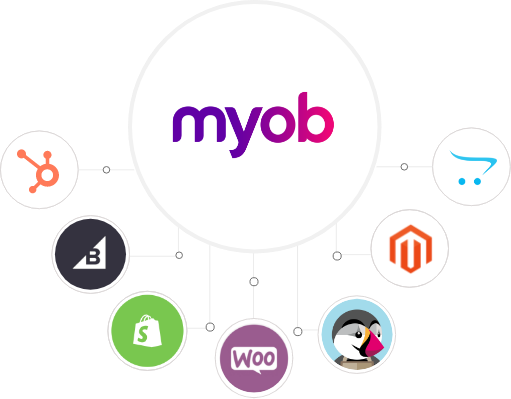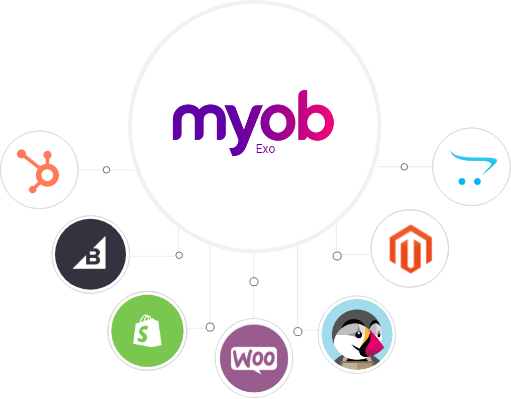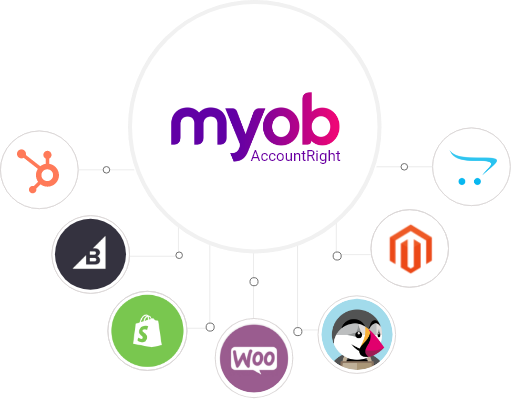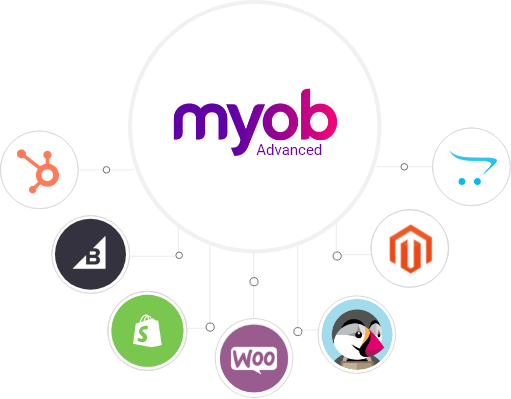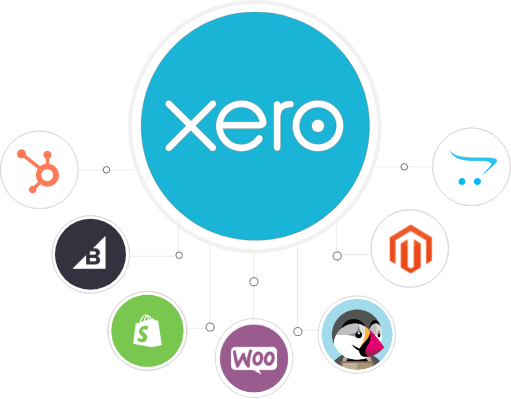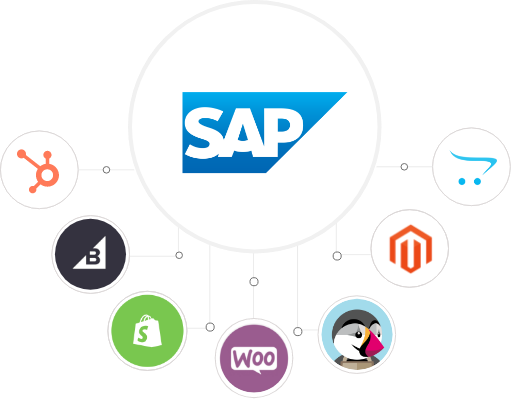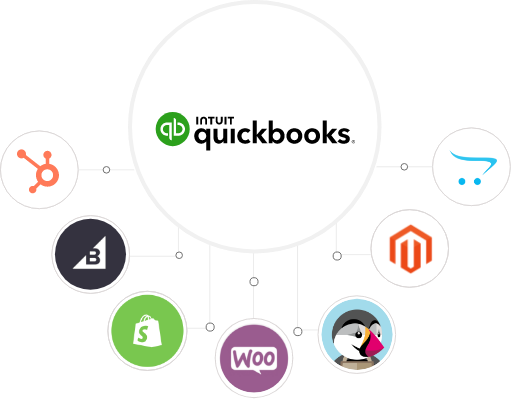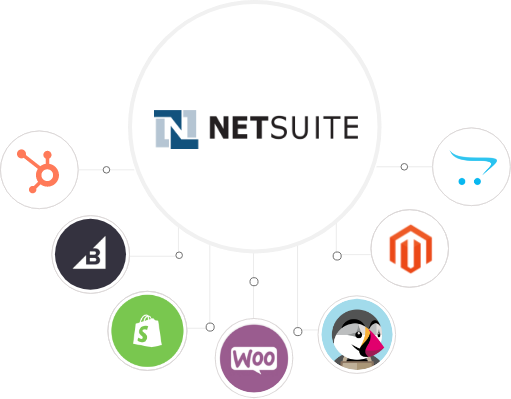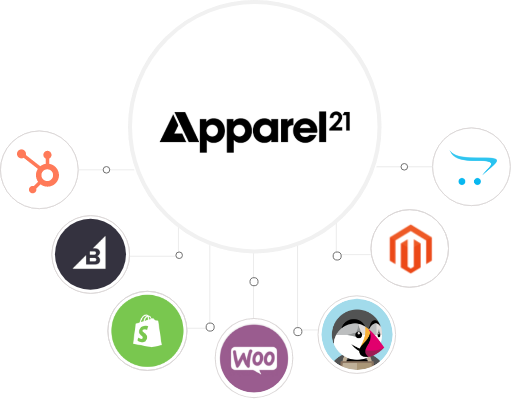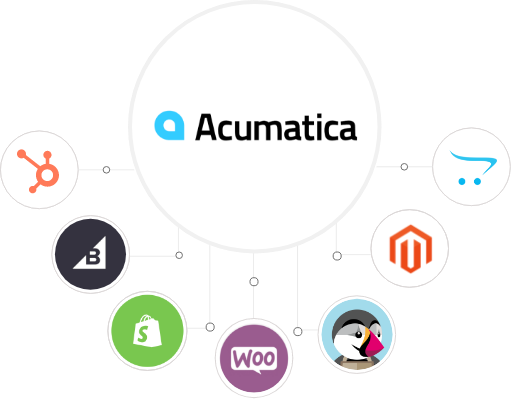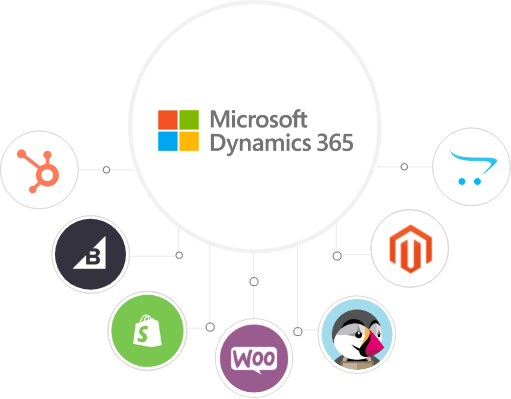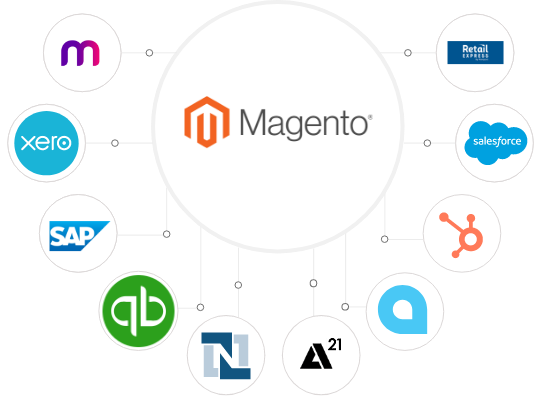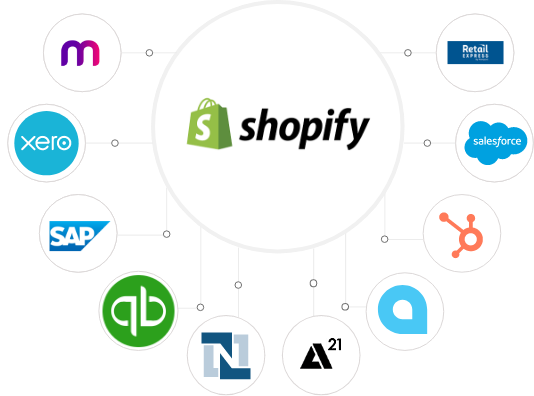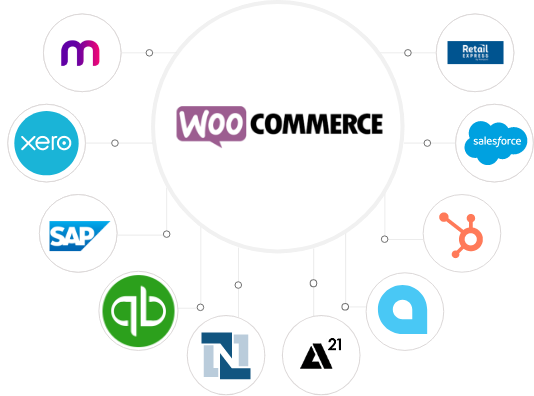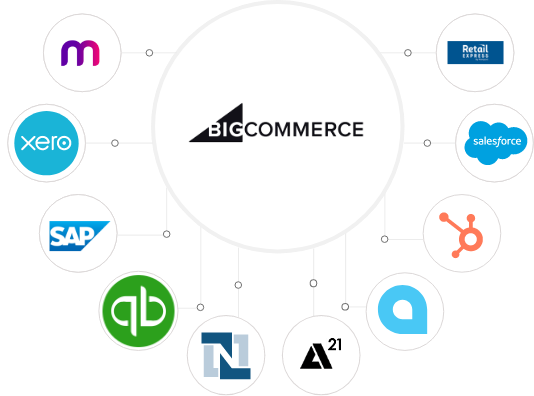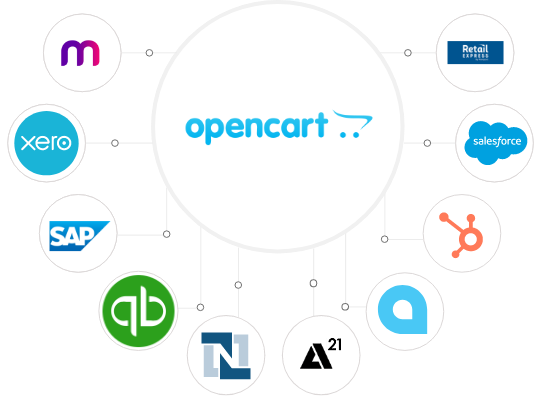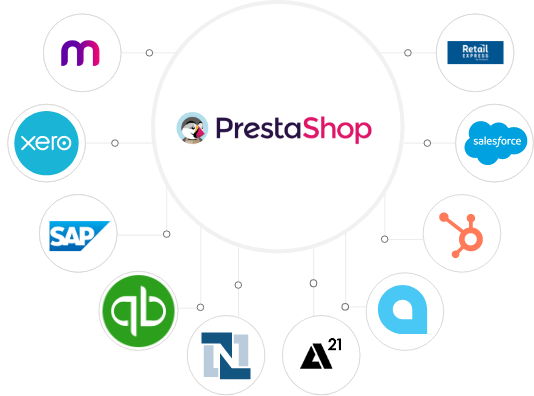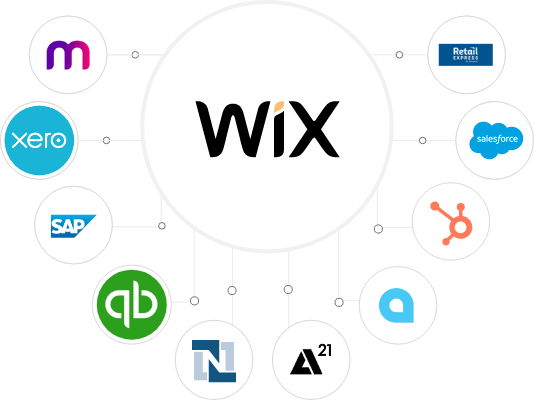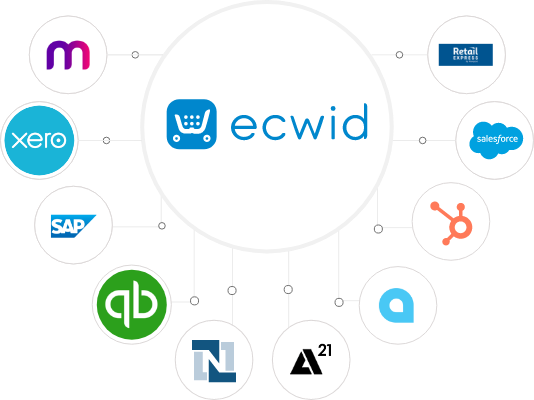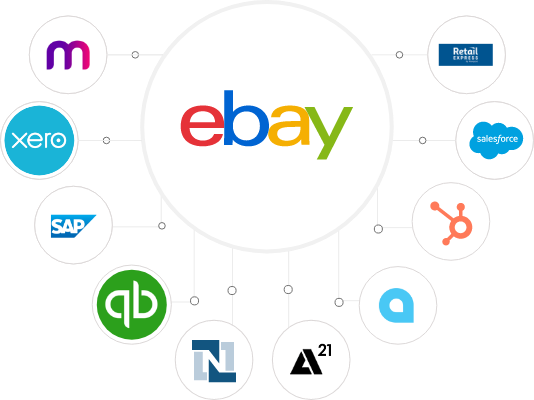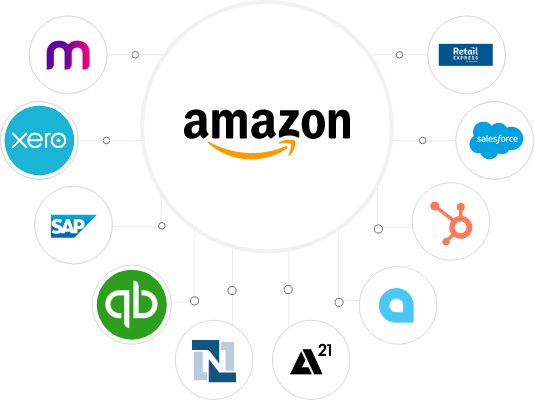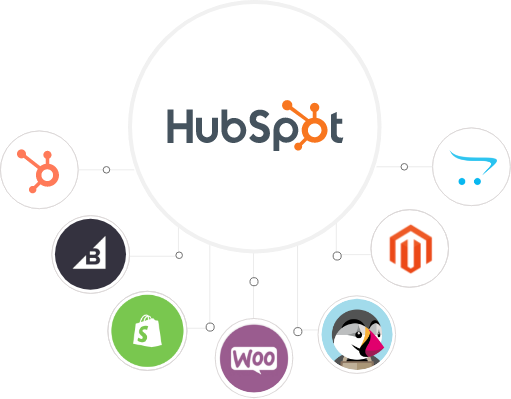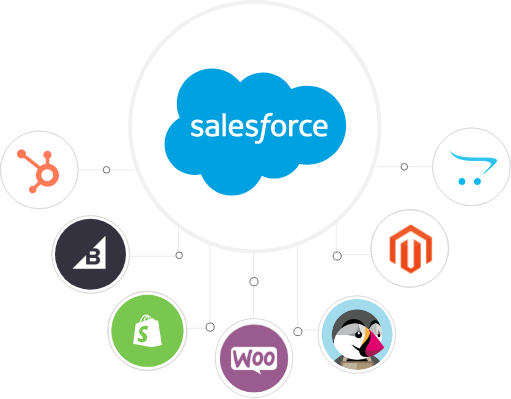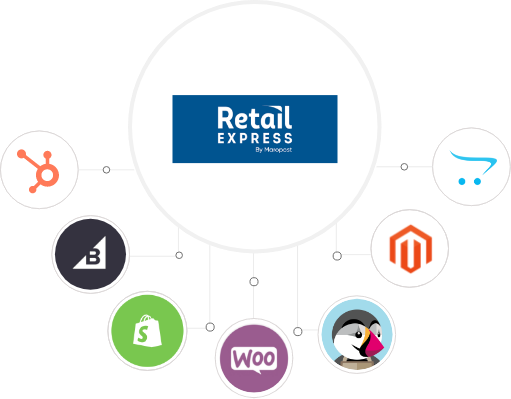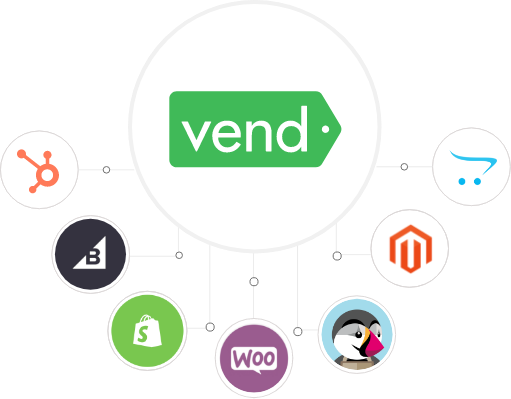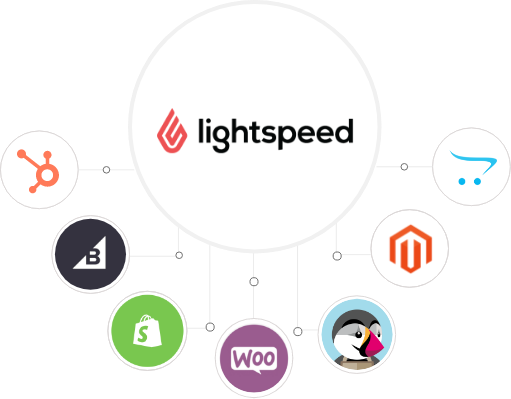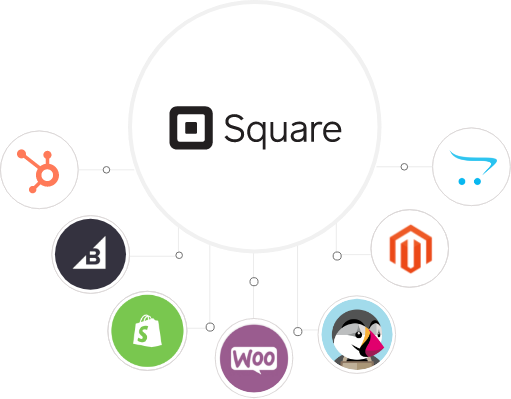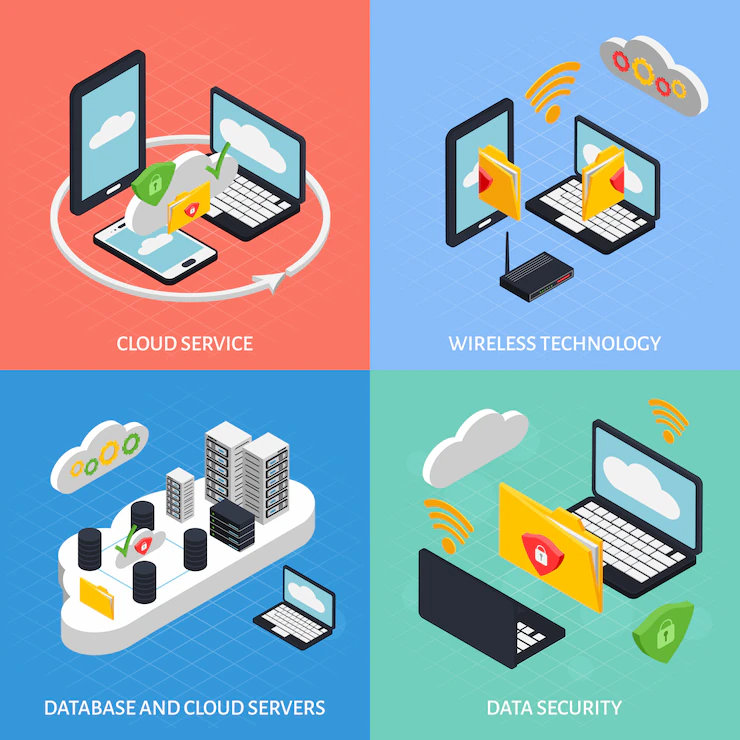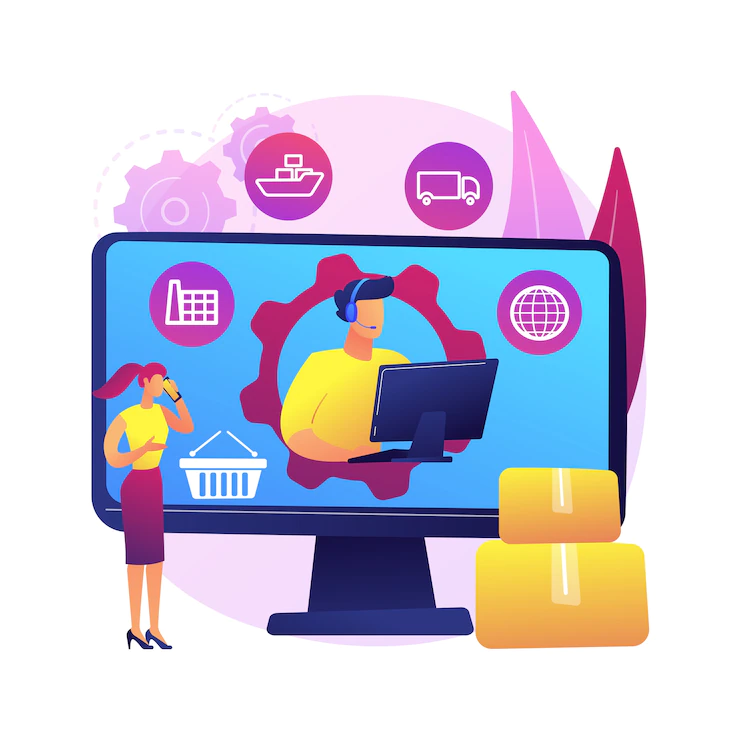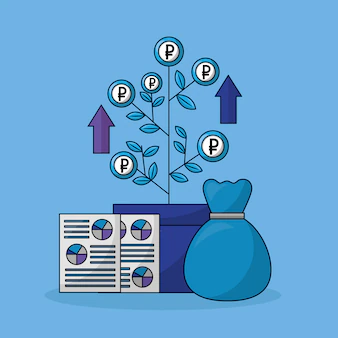Today when most businesses are looking forward to focusing on B2B eCommerce, it is crucial to reap the advantages of ERP integration. A digital business transformation will not only help you streamline your business operations but also works to improve the bottom line.
ERP (Enterprise Resource Planning) is a business process management system used for automating and managing business operations. Businesses commonly use this software to handle their financial activities, supply chain, human resources, etc.
It is true that whether customers are shopping for their desired products or shopping for their business, they always expect a seamless shopping experience. With the increasing demand for online shopping, the expectations for B2B eCommerce experiences have also increased.
Therefore, retailers’ primary aim should be to customise the solution to meet the complex needs of buyers.
So here, we will discuss some of the important benefits of integrating ERP into your B2B businesses. Always remember that integrating ERP and B2B eCommerce helps to provide truthful and efficient experiences to employees and customers.


